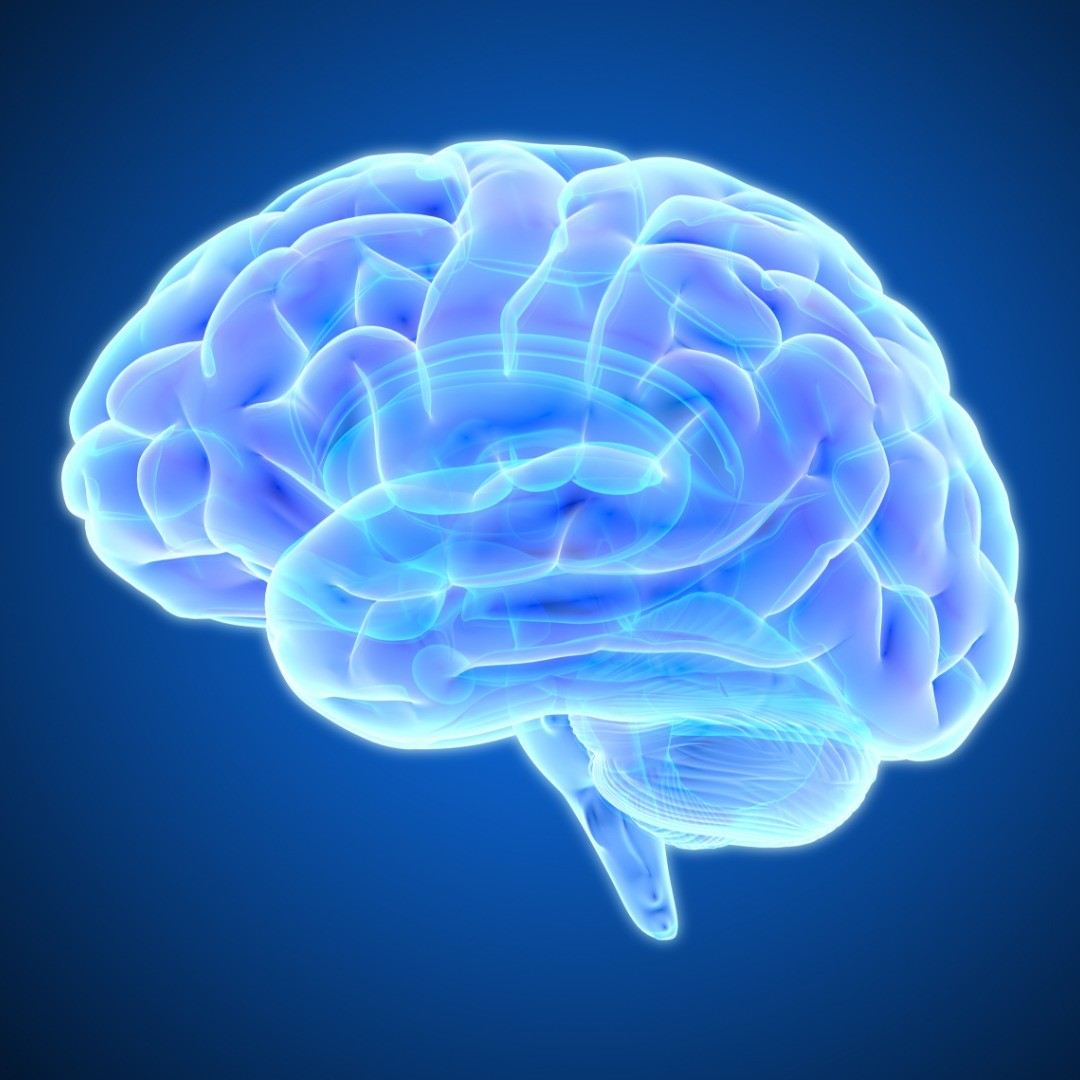- PATIENT FORMS | REQUEST A CONSULTATION | CONTACT US
- 1-844-NSPC-DOC
Brain Lymphoma

What Is Brain Lymphoma?
Take ActionWhat Are the Causes and Symptoms of Brain Lymphoma?
Researchers are still investigating the causes of brain lymphoma. The cause is not known, but someone with an impaired immune system such as human immunodeficiency virus or who has received organ transplants may have a greater risk.
Symptoms of brain lymphoma:
- Nausea and/or vomiting
- Headaches
- Vision changes
- Fever
- Numbness
- Weakness
- Coordination issues
- Listing to one side while walking
- Speech changes
- Confusion
- Changes in personality
- Hallucinations

How Is Brain Lymphoma Diagnosed?
To accurately diagnose a brain lymphoma, a stereotactic brain biopsy will be administered. A CT (computed tomography) scan or MRI (magnetic resonance imaging) will provide a picture of your brain.
An ophthalmologic exam, including a slit-lamp eye exam which involves bright light passing through a narrow slit to check your eye, may be used to see if there are any symptoms of intraocular lymphoma.
A lumbar puncture, also sometimes called a spinal tap, will provide a sample of cerebrospinal fluid for cytologic analysis or flow-cytometric studies.
Advanced Treatments for Brain Lymphoma at NSPC
Without treatment, patients with primary brain lymphoma may survive for less than 2 months. Patients who are treated with chemotherapy often survive 3 – 4 years or more, depending on whether the tumor stays in remission. About 40% of patients are alive at 5 years. Survival may improve with the increased use of autologous stem cell transplants.
Many factors including the health, age and condition of the immune system of the patient can affect treatment choices. Along with medical standard-of-care treatments, NSPC participates in a number of clinical trials, to offer you the most advanced treatment options available.
Treatment Options for Brain Lymphoma
Corticosteroids may be given to reduce swelling and provide symptom relief.
Chemotherapy, which penetrates the blood-brain barrier and reaches the fluid surrounding the brain, might be given intravenously or intrathecally (directly into the fluid surrounding the spinal cord.)
Whole-brain radiation may be used if the lymphoma is resistant to chemotherapy.
Neurosurgery. Some larger well-defined lesions that are closer to the surface of the brain may be operable.
Autologous stem cell transplant uses the patient’s own stem cells for treatment.
Find out what revolutionary treatment options are available to you in the New York area. Contact one of our specialists at The Long Island Brain Tumor Center, NY.

Related NSPC Center
Long Island Brain and Spine Tumor Center
NSPC provides state-of-the-art treatment of benign and malignant brain and spine tumors, using minimally invasive procedures like Gamma Knife®, Novalis TX™, and CyberKnife® rather than major surgery whenever appropriate. Our physicians also perform experienced pediatric neurosurgery — they give personalized, individual attention combined with knowledge and experience to take on the most challenging of cases.
Connect With Our 7 Convenient Locations
across Long Island, NY
Our expert physicians, surgeons and doctors are ready to serve you at our 7 convenient locations across Long Island, NY. Connect today to learn how our award winning, world class experts can help.
4250 Hempstead Turnpike Suite 4,
Bethpage, NY 11714
(516) 605-2720
COMMACK
353 Veterans Memorial Hwy,
Commack, NY 11725
(631) 864-3900
One Hollow Lane, Suite 212
Lake Success, NY 11042
(516) 442-2250
MANHATTAN
215 E. 77th Street Ground Floor
New York, NY 10075
(646) 809-4719
PORT JEFFERSON STATION
1500-8A Route 112,
Port Jefferson Station, NY 11776
(631) 828-3001
100 Merrick Road, Suite 128W
Rockville Centre, NY 11570
(516) 255-9031
WEST ISLIP
500 Montauk Hwy
West Islip, NY 11795
(631) 983-8400
World
Class
Expertise
For over 50 years & 350,000 patients NSPC has been a trusted global medical leader.
Contact us today for an appointment or consultation.
